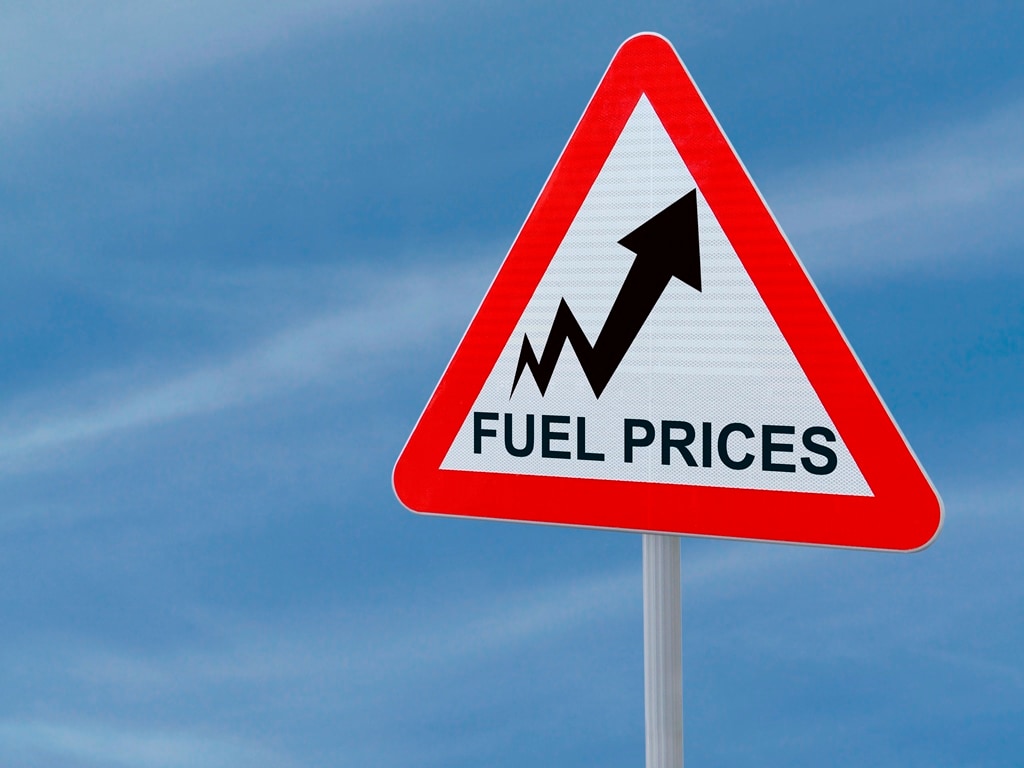
Motorists traveling this summer are expected to face the steepest gasoline prices in four years. The U.S. Energy Information Administration, in an April report, predicted drivers would pay an average of $2.74 a gallon while filling up this summer. That’s 26 cents a gallon more than the same time last year. Yet higher prices have yet to translate into a change in vehicle buying patterns, according to Kelley Blue Book data.
EIA predicts a monthly average peak of $2.79 a gallon will be reached in May and drop to $2.65 a gallon in September. Gas prices and averages will be higher in some regions, such as the West Coast, according to the EIA. AAA on May 21 noted the national average is already higher—at $2.93 for a gallon of unleaded fuel. That’s up 6 cents from a week prior and marks the highest price heading into Memorial Day weekend since 2014 when it was $3.65 per gallon.
Vehicle shopping lists unchanged
But even as gas prices climb, they are not rising so much to impact a vehicle purchase or the type of vehicle consumers buy, according to Kelley Blue Book and Cox Automotive research published in May. Sixty percent of new car buyers said the recent spike in gas prices has not “played a role” in the vehicle they are considering, according to an online survey of nearly 2,700 vehicle owners and shoppers.
Respondents who indicated that higher gas prices have impacted the type of vehicle they are considering are looking at vehicles that are smaller, less expensive and have higher mpg fuel economy. Some also have considered switching to a non-luxury vehicle and others indicated they are thinking of buying or leasing a vehicle later.
A median of survey of respondents said $4-a-gallon gasoline is the tipping point in which gas prices would greatly impact the type of vehicle they would buy such as choosing a sedan over a SUV or a hybrid over a traditional model. A “reasonable” price for a gallon of gas is $2.50, according to the median of survey participants.
Little alarm over higher gas prices
Kelley Blue Book also found in a recent “Quick Poll,” a non-scientific survey of car shoppers on its website, that consumers don’t appear to be too alarmed about the recent jump in gas prices.
Nineteen percent said they were “likely” and 21 percent said they were “extremely likely” to consider a more fuel-efficient vehicle because of rising gas prices. On the flip side, 19 percent also answered they were “unlikely” to consider a more fuel-efficient vehicle, while 12 percent said “extremely unlikely” and another 23 percent were “neutral.” And 7 percent of respondents answered they were not aware gas prices were going up. The poll included 400 votes.







